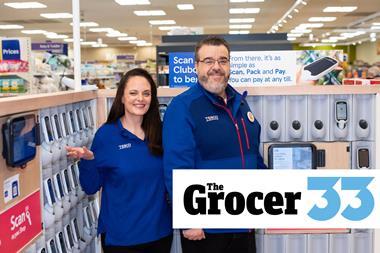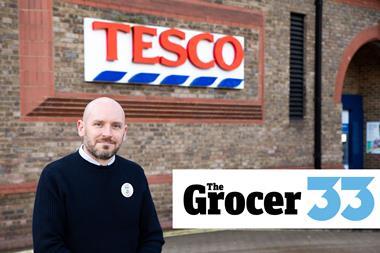Competition inquiries are like buses. This week saw the termination of the Tesco Slough case, Arla co-operating in the alleged milk price-fixing case, and last orders called by the Competition Commission in the big groceries inquiry. For the trade, the most important is obviously the last. But with the waterbed effect and all its other arguments rejected, the Association of Convenience Stores was making a last-ditch attempt to bring in new evidence this week in response to the provisional findings and possible remedies (see analysis, p24). In the meantime, The Grocer has discovered that Experian, the market research company that supplied the controversial Goad data by which the commission chose to measure the decline of the convenience sector, had advised it not to use this data on the grounds it was too selective. To ignore Experian's advice seems astonishing in the circumstances but commission chairman Peter Freeman stuck to his guns. The only consolation for the independent sector looks to be the commission's decision to force Tesco to sell the old Co-op site in Slough. A sign that Freeman is baring his teeth? Perhaps. But while Tesco won't now be able to develop the land and therefore achieve the higher returns on the site it had hoped for, and while it won't be able to split the site into four developments, thus preventing grocery rivals from setting up shop in earnest, the Cheshunt mob will swap the friendly bomb that has dropped on Slough any day for the somewhat bigger opportunity further west. Accompanied by the press this week to inspect its new Fresh & Easy stores in So-Cal, Tesco management will be glowing over a TNS report this week predicting that it would be a Top 15 US retailer by 2015, with US sales of $10bn.
Close menu
- Home
- Retail & Wholesale
-
Products & Suppliers
- Back to parent navigation item
- Products & Suppliers
-
Product Categories:
- Back to parent navigation item
- Product Categories:
- Alcoholic drinks
- Bakery
- Cereals & breakfast
- Cheese
- Chicken & poultry
- Chocolate
- Confectionery
- Crisps, nuts & snacks
- Dairy
- Fish
- Fresh produce
- Frozen
- Household
- Meat
- Own Label
- Sauces & condiments
- Seasonal
- Soft drinks
- Vaping
- Vegan & plant-based
- World foods
- Suppliers
- People
- Reports & Data
-
Topics A-Z
- Back to parent navigation item
- Topics A-Z
-
Popular topics:
- Back to parent navigation item
- Popular topics:
- Cost of living crisis
- Crime
- Deposit Return Schemes
- Finance
- Government & Regulation
- Health
- Inflation
- Loyalty
- Marketing
- Mergers & Acquisitions
- New Product Development
- Sourcing
- Supply chain
- Sustainability & environment
- Technology
- Ultra Processed Foods
- Vaping
- A-Z all topics
- Content by type:
- Events
- Ask iA (beta)
- Subscribe now
opinion - "Tesco is so over Slough. These friendly bombs matter not a jot versus its assault on the US market"
2007-12-03T00:00:00+00:00
Sign in to comment on this article
Not logged in before? Register for FREE guest access today.
You will be able to:
- Read more stories
- Receive daily newsletters
- Comment on stories
Advert

















No comments yet